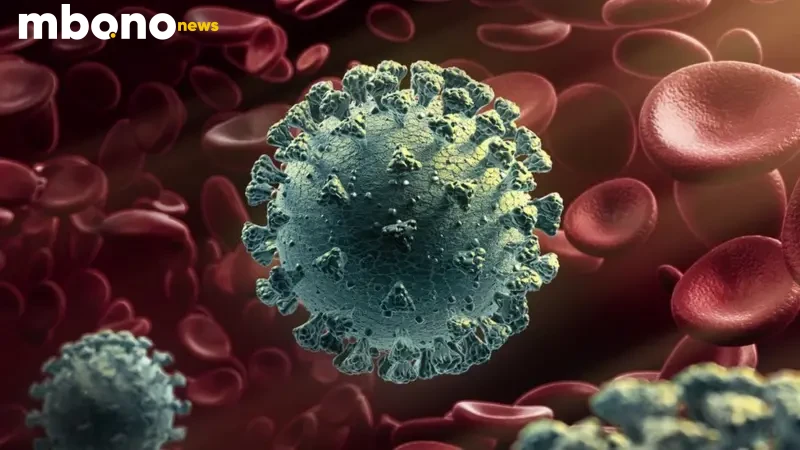A new COVID-19 variant, NB.1.8.1, is drawing global attention for its rapid transmissibility and potential to partially evade immunity, but South Africa remains on high alert — not in panic.
🌍 What Is NB.1.8.1?
The variant, a sublineage of Omicron, has become dominant in China and has now spread to over 22 countries, including:
- The United States
- Australia
- Parts of Asia and Europe
The World Health Organization (WHO) and international health bodies have issued early warnings as scientists observe the variant’s faster spread compared to previous strains.
🧬 Key Characteristics of NB.1.8.1
- More transmissible than previous Omicron strains
- Shows a 1.5-fold reduction in antibody response when compared to the current dominant global strain LP.8.1
- No evidence yet of increased severity or hospitalisation rates
- Common symptoms include:
- Sore throat
- Fever
- Fatigue
🇿🇦 No SA Cases Yet — NICD Monitoring Closely
As of now, no NB.1.8.1 cases have been detected in South Africa, the National Institute for Communicable Diseases (NICD) confirmed.
Dr Sipho Dlamini, an infectious disease specialist, says the country is well-equipped to respond:
“South Africa has faced variants before and has the tools to respond. Vaccination and surveillance are key.”
💉 Vaccines, Trust & Transparency
While vaccines still offer protection against severe illness, global reports of rare side effects, like myocarditis, have renewed calls in South Africa for greater transparency in health communication to maintain public trust.
🧭 What Should South Africans Do?
- Stay updated via NICD and WHO announcements
- Get vaccinated and boosted if eligible
- Monitor symptoms and isolate when ill
- Avoid misinformation, especially on social media
The overall message from experts is clear: be prepared, not panicked.
